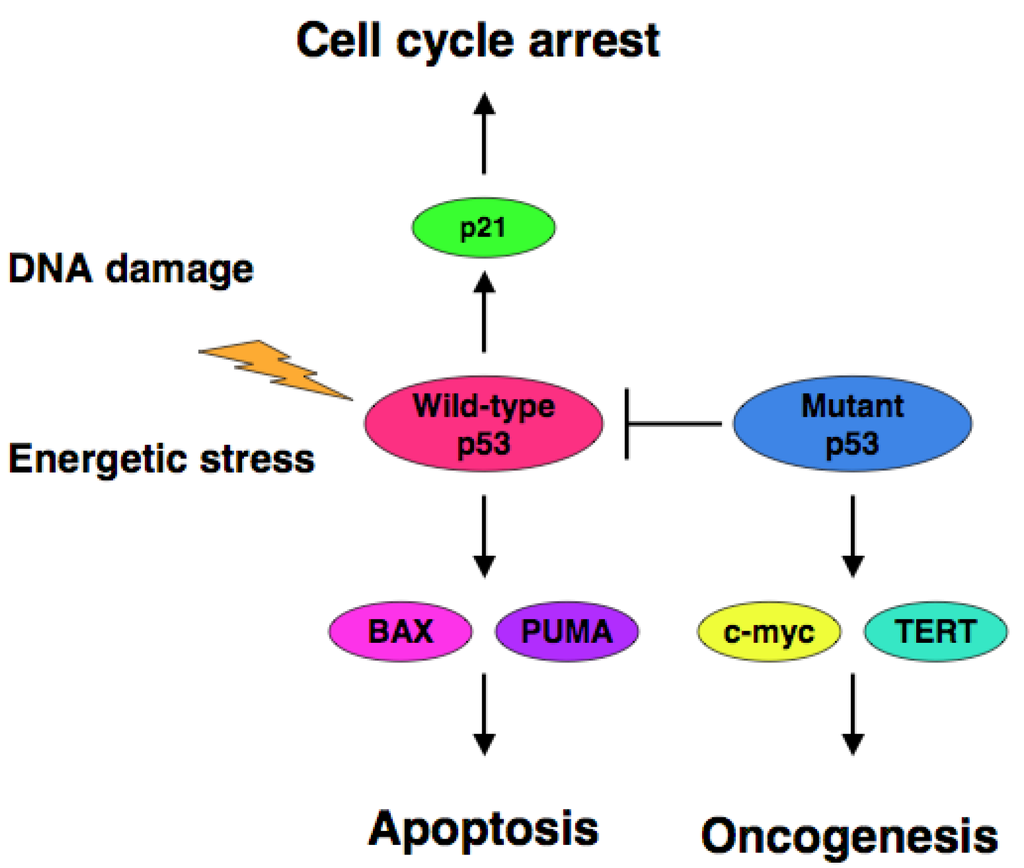Cancers, Free Full-Text
Por um escritor misterioso
Descrição
The field of cancer research is famous for its incremental steps in improving therapy. The consistent but slow rate of improvement is greatly due to its meticulous use of consistent cancer biology models. However, as we enter an era of increasingly personalized cancer care, including chemo and radiotherapy, our cancer models must be equally able to be applied to all individuals. Patient-derived organoid (PDO) and organ-in-chip (OIC) models based on the micro-physiological bioengineered platform have already been considered key components for preclinical and translational studies. Accounting for patient variability is one of the greatest challenges in the crossover from preclinical development to clinical trials and patient derived organoids may offer a steppingstone between the two. In this review, we highlight how incorporating PDO’s and OIC’s into the development of cancer therapy promises to increase the efficiency of our therapeutics.

Cancers, Free Full-Text

Comprehensive Cancer Information - NCI

PDF) Treatment outcome with low-dose-rate interstitial
CA: A Cancer Journal for Clinicians - Wiley Online Library

Remission, cancer-free, no evidence of disease: What's the

Immunotherapy approaches for hematological cancers - ScienceDirect

Frailty and prognosis in lung cancer: systematic review and meta

Trastuzumab after Adjuvant Chemotherapy in HER2-Positive Breast

Pembrolizumab for Persistent, Recurrent, or Metastatic Cervical
de
por adulto (o preço varia de acordo com o tamanho do grupo)







